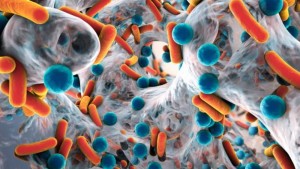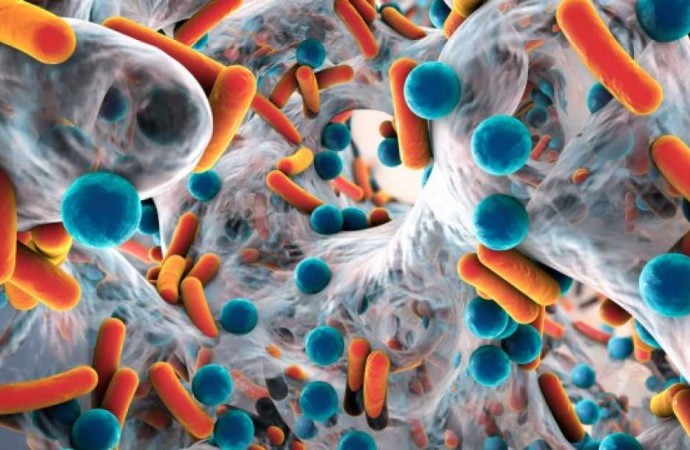Experts have been telling us for years the looming dangers of overdependence on antibiotics. Antibiotics are great, they help our bodies resist and kill foreign bacteria/viruses that would have otherwise wiped us out decades ago. The problem is, bacteria and viruses are highly adaptable lifeforms and we all knew that eventually they would become immune
Experts have been telling us for years the looming dangers of overdependence on antibiotics. Antibiotics are great, they help our bodies resist and kill foreign bacteria/viruses that would have otherwise wiped us out decades ago. The problem is, bacteria and viruses are highly adaptable lifeforms and we all knew that eventually they would become immune to the antibiotics we currently use. That is why, normally antibiotics would only be prescribed for more serious infections, but as time went on the public wanted a quick fix to all their ailments. Now we finally have bacteria that are immune to every antibiotic we’ve got.
A woman from Pennsylvania was diagnosed with a urinary tract infection which is a bacterial infection. The bacteria had the mcr-1 gene which gives the bacteria immunity to colistin, our most heavy duty antibiotic that is reserved only for infections that are immune to all other known antibiotics. It has been described as “last one left for what I call nightmare bacteria” and now we have a strain that is immune to it. Perhaps the most alarming was the fact that the woman had not been outside of the US five months prior to the diagnosis. That means the infection has certainly spread or even originated in the US.
This is not the first strain resistant to antibiotics. Last year in china, a strain of tuberculosis was found to be resistant to all known forms of antibiotics as well. The idea of a post-antibiotic world is certainly scary especially when you consider cancer patients who go through chemotherapy and their immune systems are left crippled. We will no longer have the ability to help them fend off infections. From now on, we’ll either have to come up with radically different drug classes or we’ll have to enact provisions that reserve the antibiotics we do have only for serious cases.



















Leave a Comment
Your email address will not be published. Required fields are marked with *